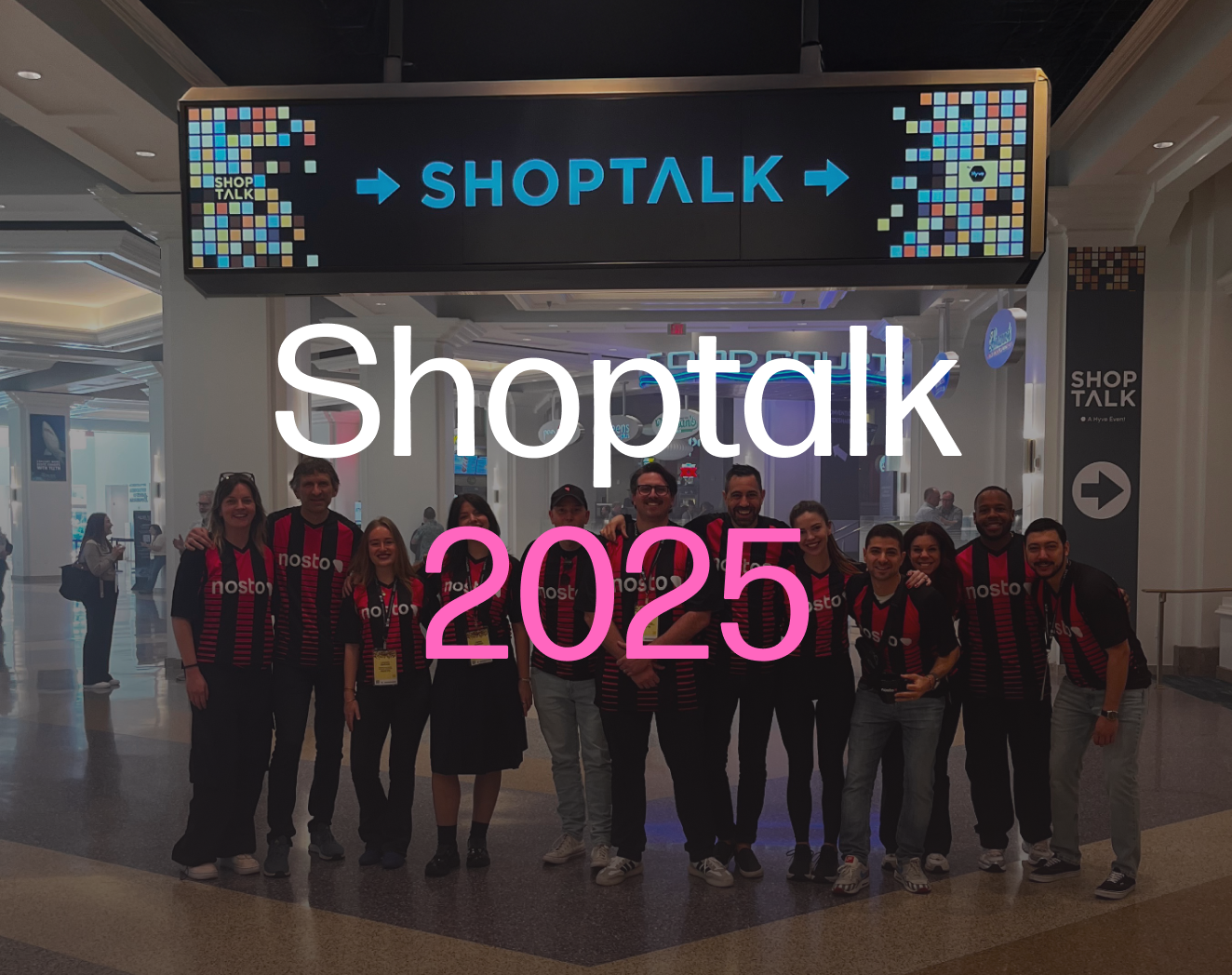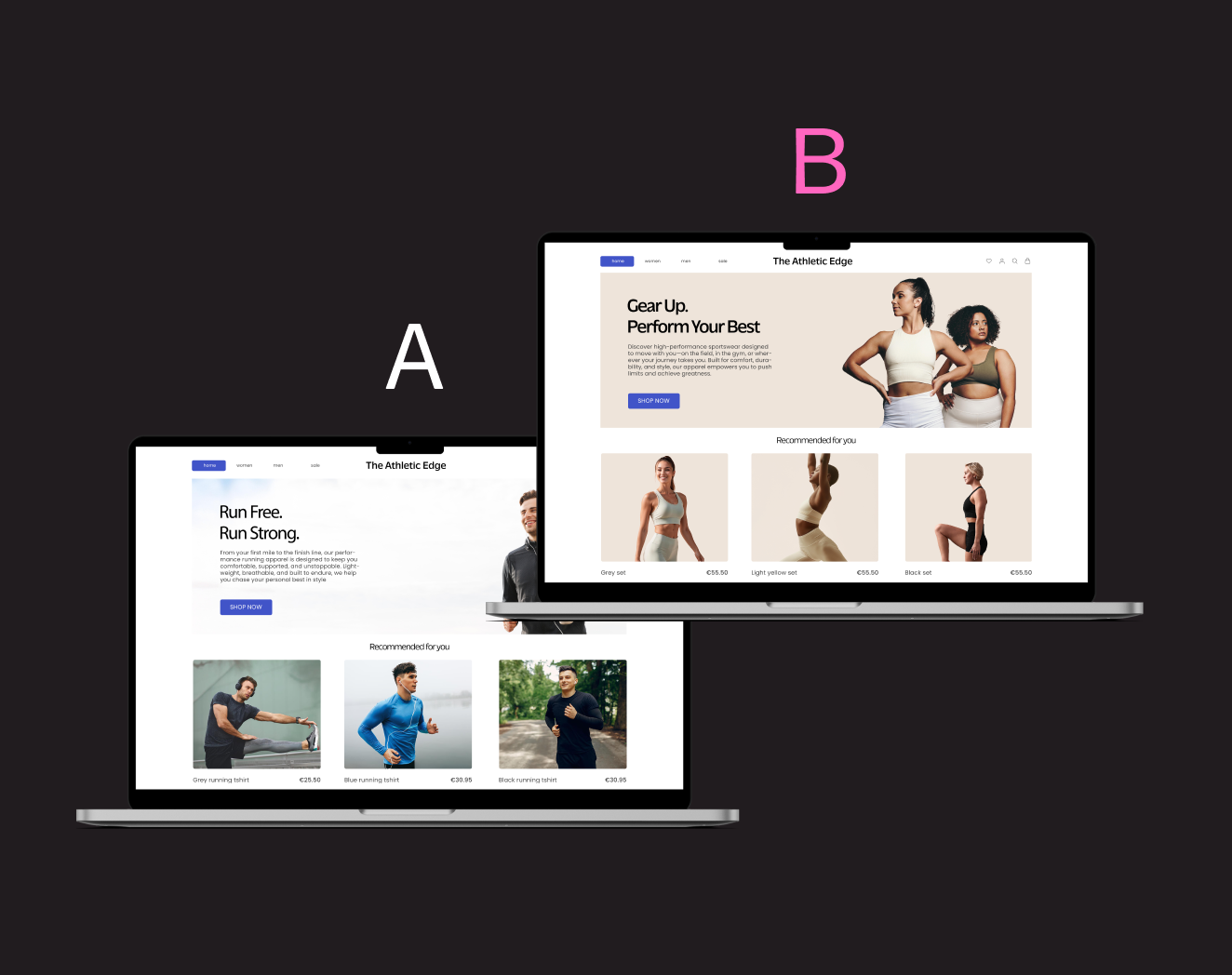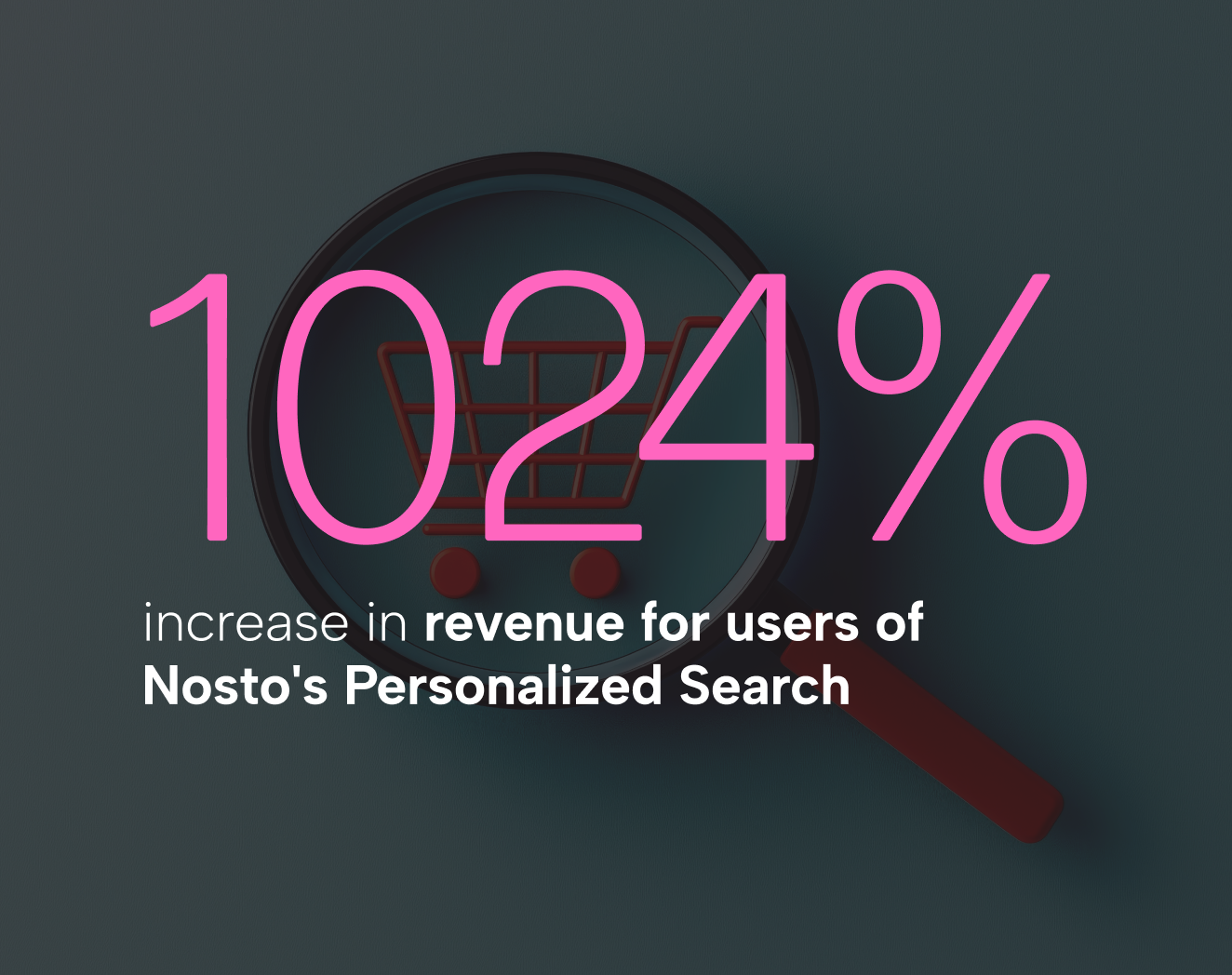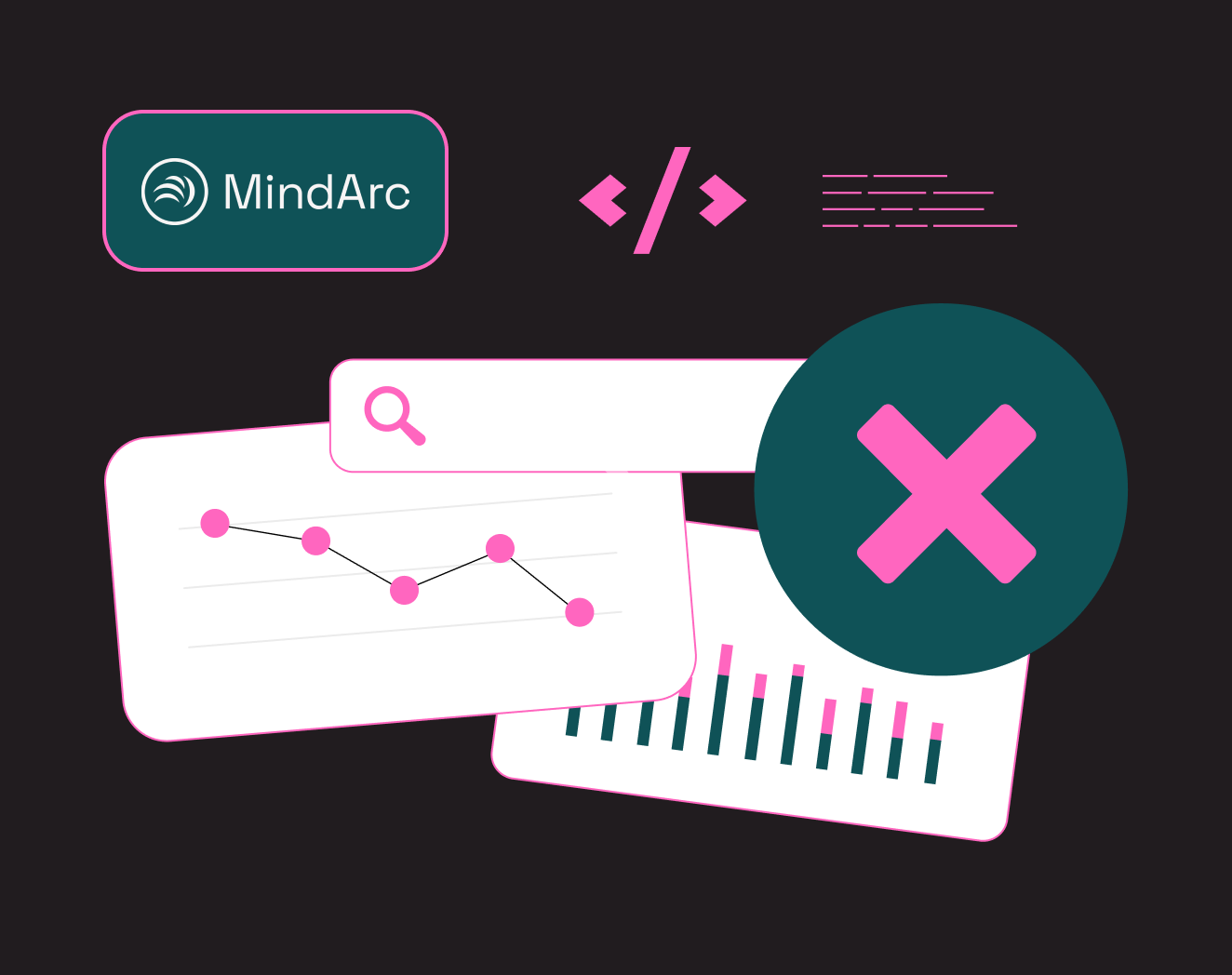New research: 87% of Ecommerce Brands Prefer Using Images from Real Customers over Handpicked Models or Influencers for Showcasing Diversity
…and, when asked which type of visual content earns the most consumer trust, ecommerce marketers are 2x more likely to say UGC than AI-generated visuals
New York and London, October 10, 2023–A new survey pinpoints the key challenges that today’s ecommerce brands face in their visual marketing. 90% admit it’s a struggle generating images and videos that stand out from their competitors, 87%1 note the difficulty of maintaining a constant flow of fresh marketing imagery and 83%1 point to the challenge of ensuring their visual content supports diversity across race, gender, age, size, and physical ability. 84%1 also said managing the cost of professional photo shoots and influencer content is challenging.
The survey of 202 ecommerce marketers by Nosto, the Commerce Experience Platform, suggests many businesses are turning to content that’s created and freely shared online by their customers. 87%1 say it’s now easier to launch and scale marketing campaigns using this vast pool of high-quality visual User Generated Content (UGC).
81%1 of marketers in the survey believe visual UGC resonates more with customers than either professionally shot photos or influencer content. 87%1 think it’s a more authentic way to ensure diversity in their marketing than handpicking models and influencers. And, 85%1 agree that visual UGC minimizes costs compared to using professional photography or influencer content.
Damien Mahoney, Chief Strategy Officer of Nosto, said: “For ecommerce marketers, the demand for fresh, high-quality imagery is relentless. You need visuals for ads across multiple channels, in organic and paid social and on your website. Not only has this content got to stand out from the competition, but it needs to be continually refreshed as people soon tire of seeing the same imagery. Not only this, but promoting diversity in visual marketing is becoming a priority, with research from Deloitte suggesting 38% of high-growth brands now actively measure diversity in their brand messaging and imagery. In sectors such as fashion and beauty in particular, showcasing diversity is increasingly important.”
“Many ecommerce brands are now realizing that part of the answer to these challenges is staring them in the face: use the positive images and videos your customers are already happily sharing about your company and its products on social media.”
Visual UGC beats AI-generated content for customer trust
While there is plenty of excitement about the potential to use AI-generated images and videos for marketing, the survey suggests trust is a significant barrier for AI. When ecommerce marketers were asked which visual content generated the most customer trust, visual UGC came top (33%), with more than double the number of marketers believing it delivered the most trust than AI-generated visuals (16%). UGC was followed by professional images and video (24%) and influencer-generated visuals 18%, with stock photos/videos the least trusted at 8%.
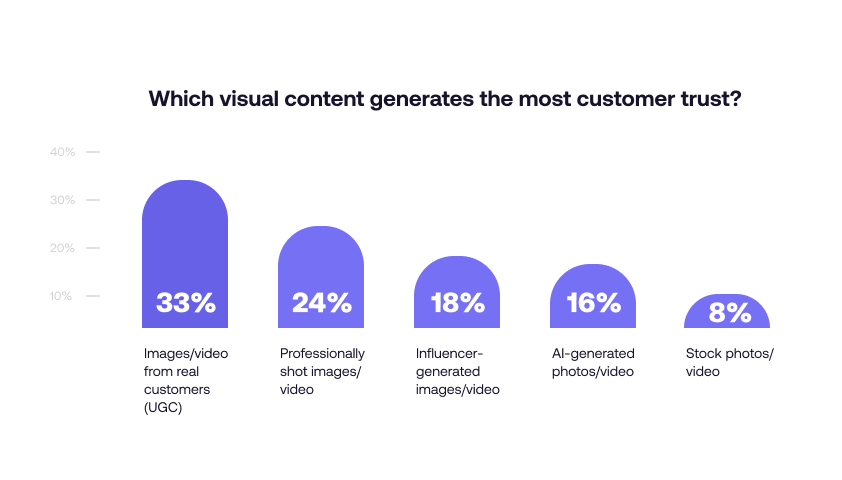
Where do ecommerce brands go to find the best quality visual UGC?
In Nosto’s research, 84% of participants said that identifying and sourcing visual UGC is challenging. So, where should ecommerce companies go to find high-quality customer-generated imagery? It depends on the individual brand and where its customers share their content. Most (28%) of the ecommerce marketers in the survey think Instagram generates the most engaging visual UGC for their customers, followed by Facebook (23%) and TikTok (19%). Next came YouTube (17%) and Twitter/X (10%).
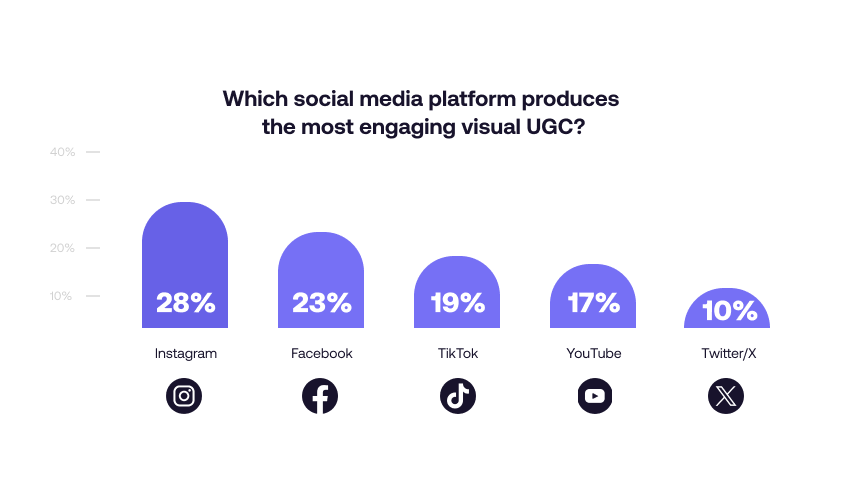
“Many brands start by identifying and curating the visual content their customers already post on social platforms such as Instagram,” said Damien Mahoney. “The next stage is more proactive—you encourage customers to post more images and videos with competitions and incentives and secure the rights to use these visual assets across your marketing. Many brands are now actively nurturing communities of their biggest customer advocates, giving them specific briefs for visual content for upcoming campaigns. While brands might hesitate to get customers too heavily involved in their marketing, leaning on a customer community like this can sometimes produce creative visual themes that might not occur to the brands themselves.”
The survey sample included ecommerce retailers in North America and the UK in Fashion & Accessories, Health & Beauty, Home, Garden & DIY, Consumer Electronics and Food & Drink verticals with annual sales revenue of $50m and above. All the participants had used visual UGC in their marketing.
Download a full copy of the Nosto survey report ‘How ecommerce marketers are embracing UGC to boost their online sales’ at https://www.nosto.com/blog/research-ugc-boosts-online-sales/.
[1] Combining answer options ‘Strongly agree’ and ‘Somewhat agree’
About the research
Nosto commissioned international market research consultancy Censuswide to survey 202 ecommerce marketers who use user-generated content across the UK and North America (including US, Mexico, and Canada) between 03/07/2023 – 05/07/2023. The survey sample included ecommerce retailers in North America and the UK in the Fashion & Accessories, Health & Beauty, Home, Garden & DIY, Consumer Electronics and Food & Drink verticals with annual sales revenue of $50m and above. Censuswide abides by and employs members of the Market Research Society which is based on the ESOMAR principles.
About Nosto
Nosto enables online brands to deliver authentic, relevant, and personalized experiences at every touchpoint, across every device. An AI-powered Commerce Experience Platform (CXP) designed for ease of use, Nosto empowers brands to build, launch, and optimize compelling digital experiences without the need for dedicated IT resources or a lengthy implementation process. Leading brands in over 100 countries use Nosto to grow their business and delight their customers. Nosto supports its clients from its offices in New York, Los Angeles, London, Paris, Berlin, Stockholm, Sydney, Kaunas, Salzburg, and Helsinki.

